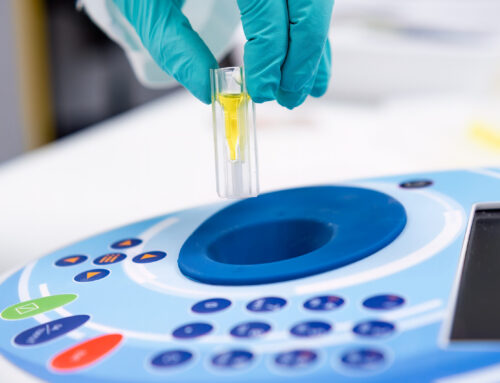Your thyroid might be small, but it has a massive impact on your health. This butterfly-shaped gland in your neck regulates metabolism, energy, mood, and even body temperature. When it’s not functioning properly, symptoms can be wide-ranging—from fatigue and weight changes to hair loss and mood swings.
If you’ve recently had your thyroid labs done, you may have noticed terms like TSH, T3, and T4 on your report. Understanding what these numbers actually mean can feel confusing. Let’s break it down in simple, clear terms.
1. TSH: The Master Controller
Thyroid Stimulating Hormone (TSH) is produced by your pituitary gland and acts as the “thermostat” for your thyroid. It tells your thyroid how much hormone to make.
- High TSH: Often indicates an underactive thyroid (hypothyroidism). Your pituitary is working overtime to get the thyroid to produce more hormones.
- Low TSH: Often suggests an overactive thyroid (hyperthyroidism). The pituitary slows down because there’s already enough thyroid hormone circulating.
Think of TSH as the command center—if it’s out of balance, your thyroid might be struggling to follow orders.
2. T4: The Storage Hormone
Thyroxine (T4) is the main hormone produced by your thyroid. Most of it is inactive and needs to be converted into the active form, T3, to have effects on your cells.
- Normal T4: Typically suggests your thyroid is producing hormones adequately.
- Low T4: May indicate hypothyroidism, especially if TSH is high.
- High T4: Could indicate hyperthyroidism, particularly if TSH is suppressed.
T4 is like the energy stored in your battery—ready to be converted and used when needed.
3. T3: The Active Hormone
Triiodothyronine (T3) is the active hormone that actually affects your metabolism, energy, and organ function. It’s mostly made from converting T4 in your liver and other tissues.
- Low T3: Can indicate hypothyroidism, poor conversion from T4, or illness affecting metabolism.
- High T3: Suggests hyperthyroidism or excessive thyroid hormone replacement.
T3 is essentially the engine—the part that makes your body’s systems run.
Putting It All Together
When interpreting your thyroid labs, it’s not just about individual numbers—it’s about the patterns:
- High TSH + Low T4/T3: Classic hypothyroidism.
- Low TSH + High T4/T3: Classic hyperthyroidism.
- Normal TSH + Low T3/T4: Could indicate early thyroid dysfunction or conversion issues.
Other factors, like stress, medications, and nutrient deficiencies (selenium, iodine, zinc), can also affect your thyroid readings.
Why Understanding Your Labs Matters
Thyroid dysfunction is common, and symptoms often develop slowly. Knowing what your labs mean helps you:
- Detect issues early before symptoms worsen.
- Work with your healthcare provider to tailor treatment.
- Make lifestyle and nutrition changes that support thyroid health.
Takeaway
Your thyroid labs are a roadmap to understanding how well this vital gland is functioning. TSH tells you what your pituitary thinks your thyroid should do, T4 is the stored hormone, and T3 is the active form that fuels your body. By understanding these numbers, you can better advocate for your health and make informed decisions with your provider.





